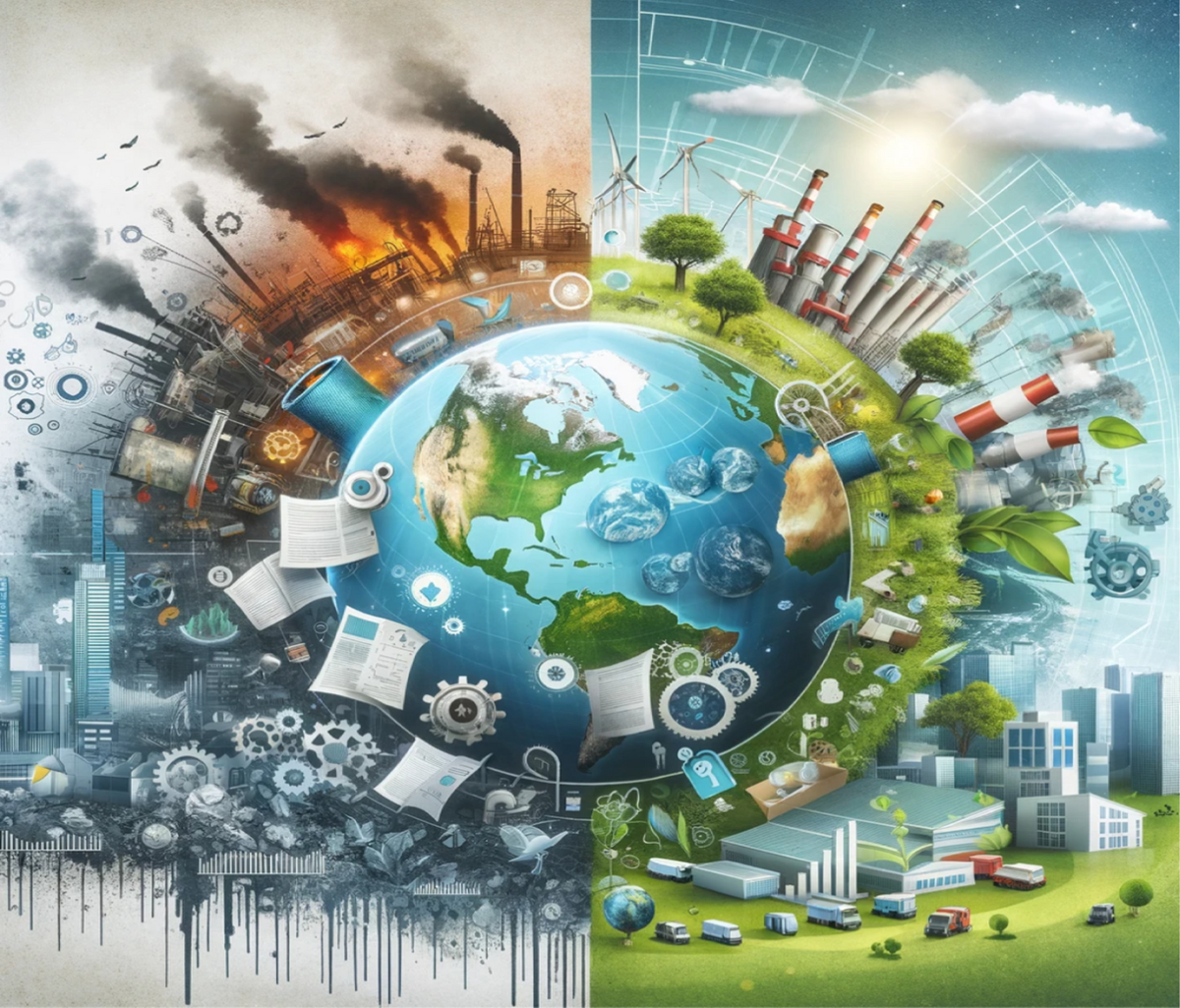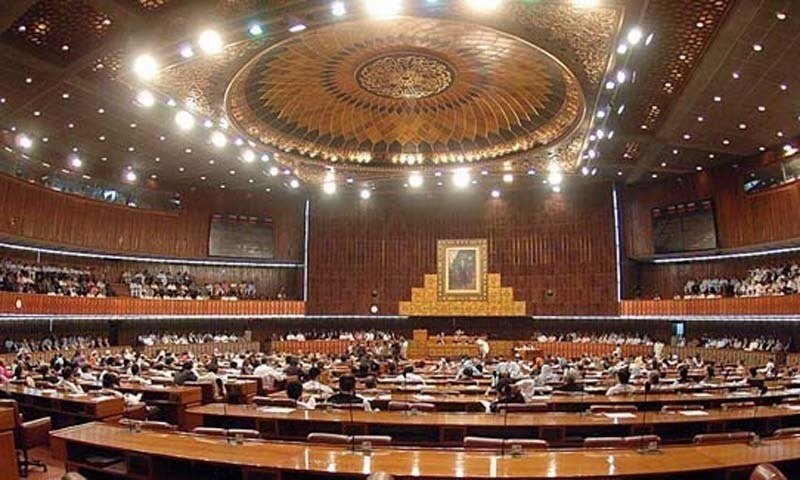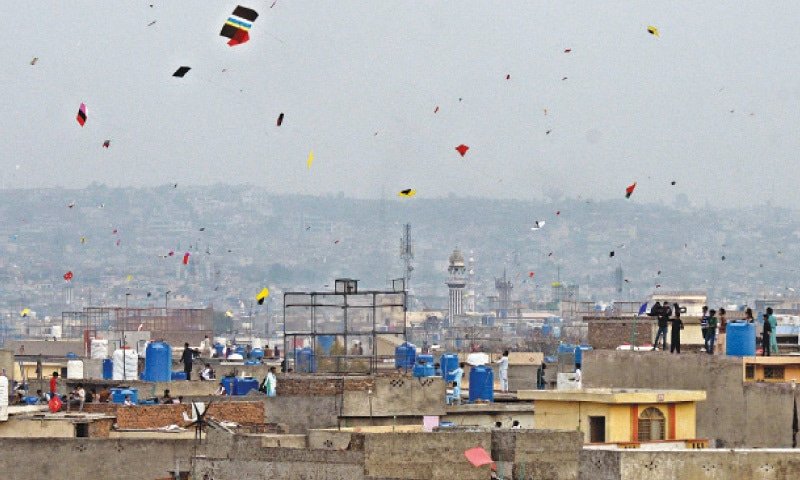The recently released fifth edition of the State of Global Air (SoGA) report, in partnership with the UN Children’s Fund (UNICEF) and published by the Health Effects Institute (HEI), paints a stark picture of the escalating threat to human health posed by air pollution. The report’s findings reveal that air pollution has surged to become the second-leading global risk factor for premature death. In 2021 alone, it was responsible for a staggering 8.1 million deaths worldwide. This is not just a matter of mortality, but also a crisis of chronic illnesses, placing immense strain on healthcare systems, economies, and societies.
The report underscores a particularly alarming aspect of this crisis-the vulnerability of children under five to the detrimental effects of air pollution. In 2021, over 700,000 deaths were recorded in this age group alone. The study attributes more than 90% of global air pollution deaths to pollutants such as outdoor fine particulate matter (PM2.5), household air pollution, ozone (O3), and nitrogen dioxide (NO2), originating from sources like transportation, residential homes, and wildfires. PM2.5, in particular, has been identified as a primary contributor to poor health outcomes on a global scale.
Dr. Elena Craft, President of HEI, underscores the urgency of the situation and the potential for positive change. She hopes that the report will serve as a catalyst for action, highlighting the link between air pollution and its contribution to greenhouse gases, which in turn worsens climate change and its associated health impacts.
The report underscores the significance of implementing public health policies and interventions aimed at mitigating the effects of air pollution, especially in low- and middle-income countries. It also highlights encouraging strides in certain regions, such as a 53% decline in the under-five mortality rate due to increased access to clean energy for cooking. These successes should serve as a beacon of hope, demonstrating that with the right measures, we can make a significant difference in the fight against air pollution.
UNICEF’s Deputy Executive Director, Kitty van der Heijden, emphasizes the imperative for governments and businesses to prioritize decisive and child-centric action to combat air pollution and safeguard the health of children worldwide.
In summary, the SoGA report offers a sobering assessment of the pervasive impact of air pollution on global health, highlighting the critical need for concerted efforts to combat this pressing threat.















